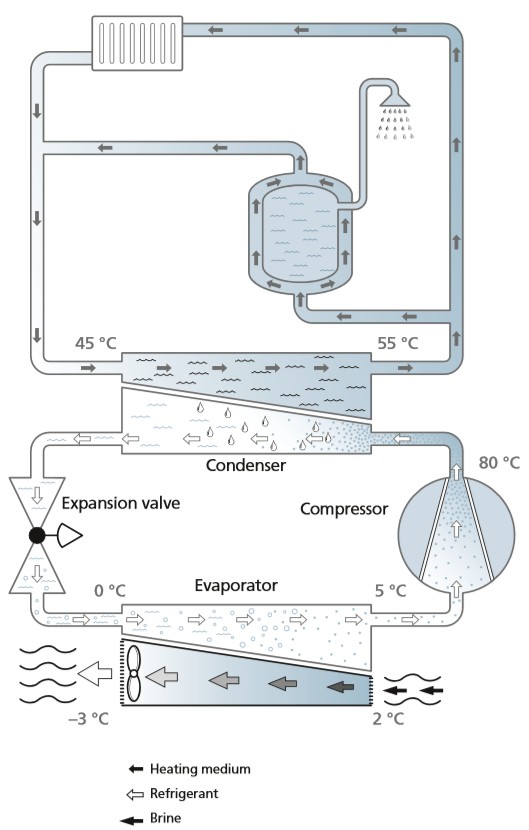Boiler Upgrade Grants help to install an Air Source Heat Pump in your home
How much space do I need for an air source heat pump?
Air source heat pumps are about the same size and shape of an air conditioning unit and you will need space outside where the unit can be installed. This should be either against a wall or on the ground.
Your air source heat pump will also need space around it to provide a good air flow but should be within 1 metre of your boundary due to restrictions regarding planning permission.
Air Source Heat Pump Grants in England and Wales from the Boiler Upgrade Scheme
Boiler Upgrade Grants help to install an Air Source Heat Pump in your home
Air Source Heat Pumps cost between £9,000 and £15,000 to supply and install but costs are falling
The reason for the wide range of prices is mainly down to the size of air source heat pump you require to provide adequate heating and hot water to your home.
Also, because air source heat pumps operate at a lower temperature (but for a longer period of time) than conventional central heating boilers, you may need to increase the size of some of your radiators.
When investing in an air source heat pump, you need to take into account the savings in your heating bills over its lifetime. And also the fact that most properly maintained air source heat pumps should last 20 to 25 years; more than twice the lifetime of a conventional boiler. Annual servicing costs for air source heat pumps should also be lower than for boilers.
Renewable Heat Incentive
The Renewable Heat Incentive ended on 31st March 2022
Boiler Upgrade Grants help to install an Air Source Heat Pump in your home
Boiler Upgrade Grants help to install an Air Source Heat Pump in your home







